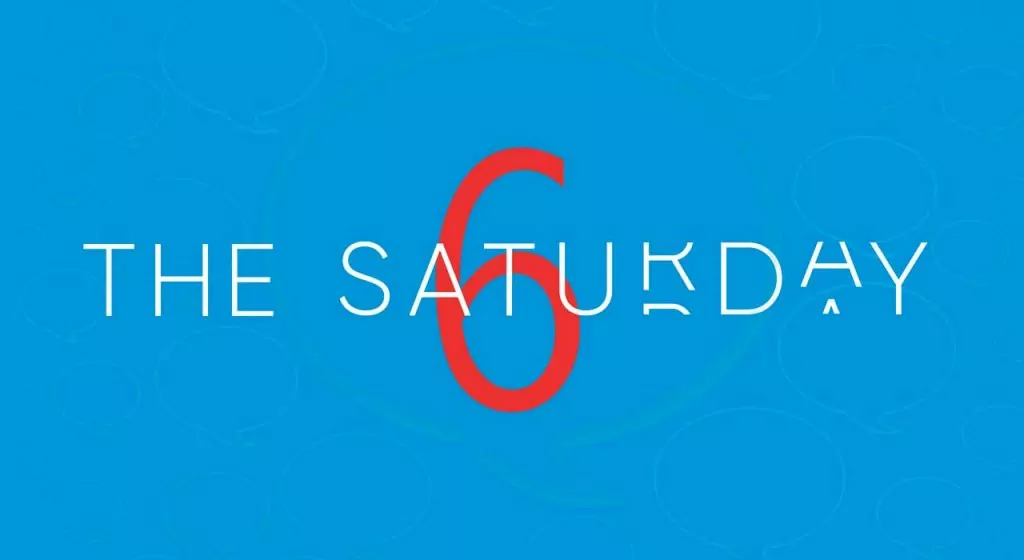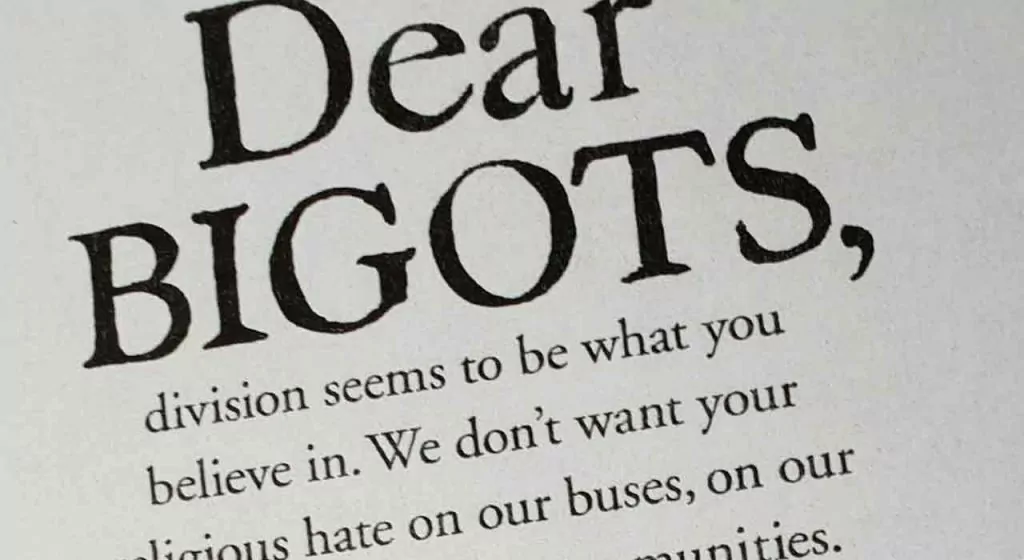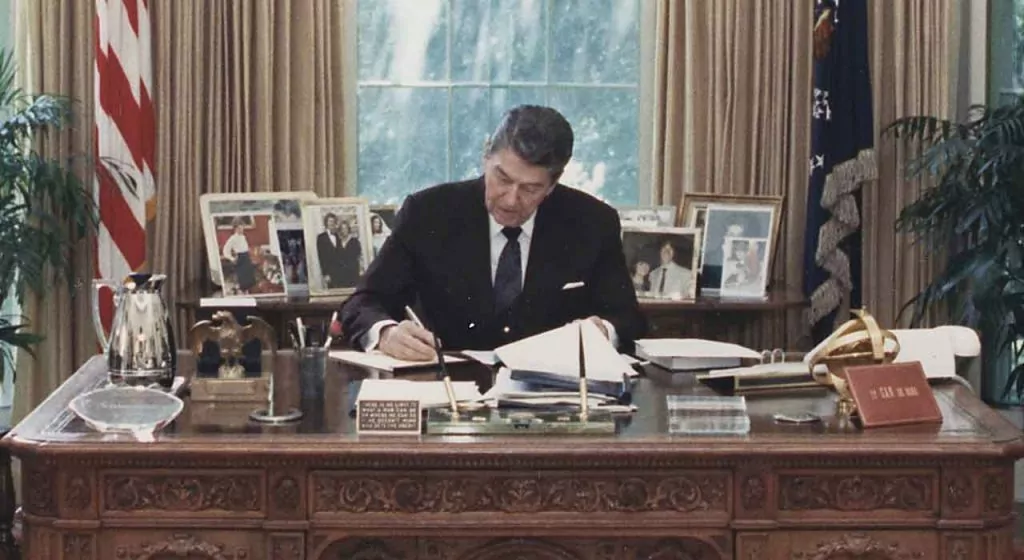
News
Saturday Selections - Nov. 17, 2018
Canadian doctors get ready for child euthanasia
Doctors and bioethicists associated with the children's hospital in Toronto are pushing to be "allowed to euthanize 'capable minors'... without parental consent or even their notification." And a hospital waiting room in Canada is now promoting euthanasia.
The effects of childlessness on the elderly
A new study finds that elderly parents who have three or more children and who have weekly contact with them are the happiest seniors. We should let the world know.
Mother-to-mother gospel opportunities
Mothers are often looking for parenting advice and that gives us an opportunity to share, not mere moralisms, but the good news of the gospel!
Before your kids get a smartphone...a question to ask
The folks at Breakpoint have a question you should ask if your children have a smartphone on their Christmas wishlist. And related to that, researchers have now shown that social media use increases depression and loneliness.
Good lovemaking is about God
"God ordains lovemaking for couples when we are richer or poorer, in sickness and in health, when life is better or worse — until death do us part — because it reflects his enduring love for us."
The Wild Brothers have a vlog!
The Wild Brothers are four brothers who are part of a missionary family – the Wilds – living in Indonesia. They originally had their own eight-episode "reality series" about their lives, published on DVD by Answers in Genesis. It was a family-friendly series that children and parents could all enjoy, showing both the challenges of life among the natives in the highlands of Indonesia, and the joys. And, of course, there were all sorts of exotic animals and locales for them to share with us.
Now the brothers have their own vlog – Highlands to Island – with eight short (roughly 10-minute) episodes so far. I've only watched the first, but based on the DVD series, this should be good!















